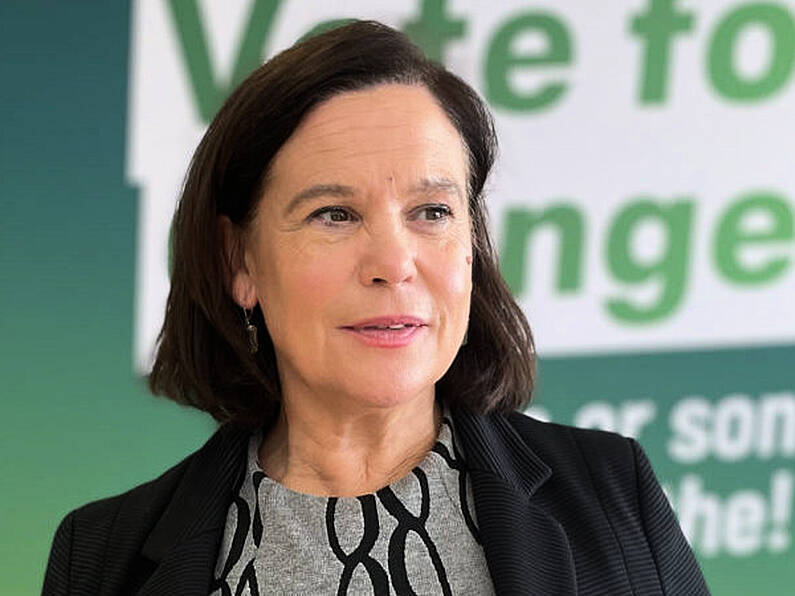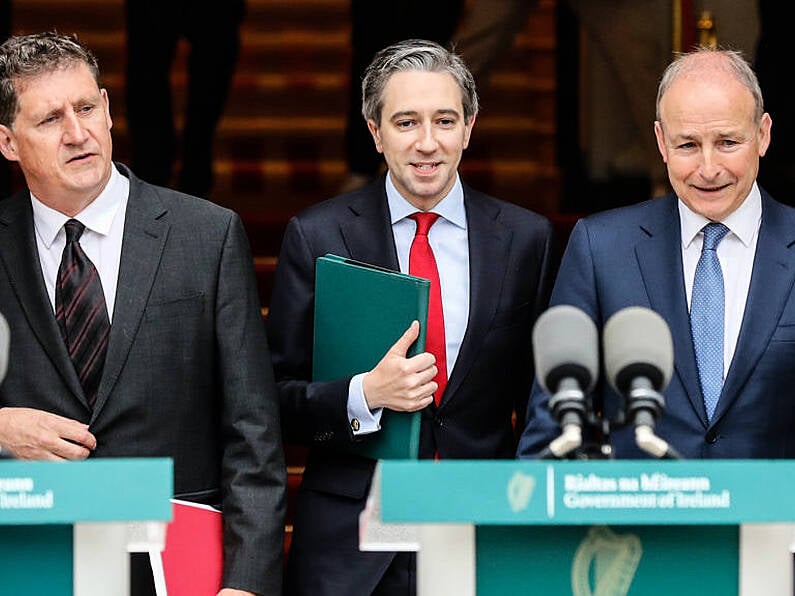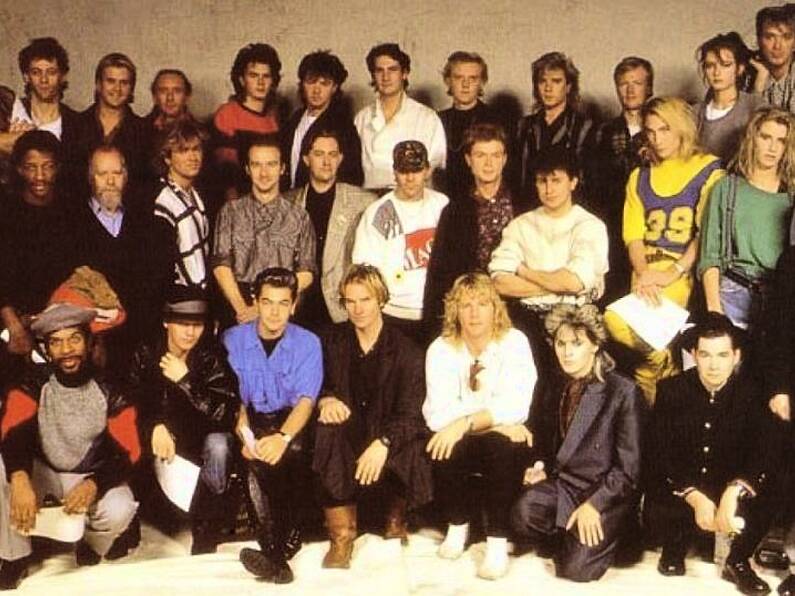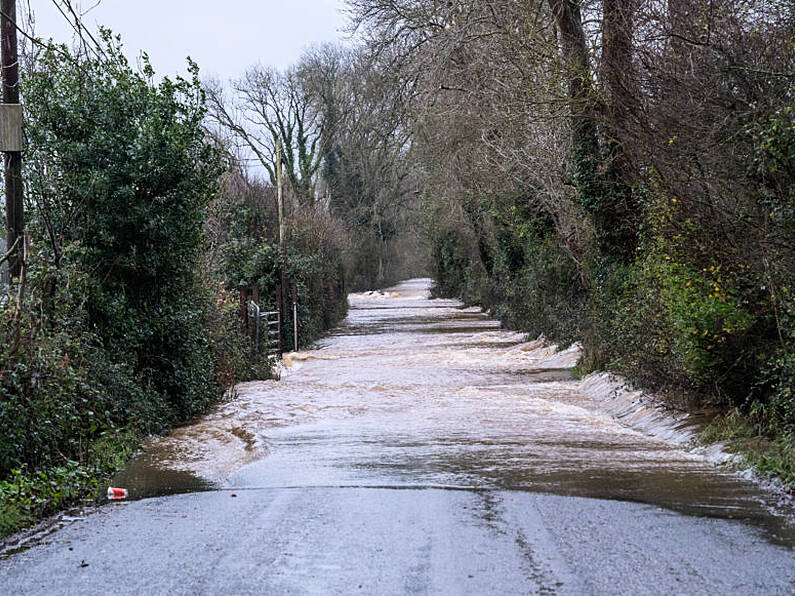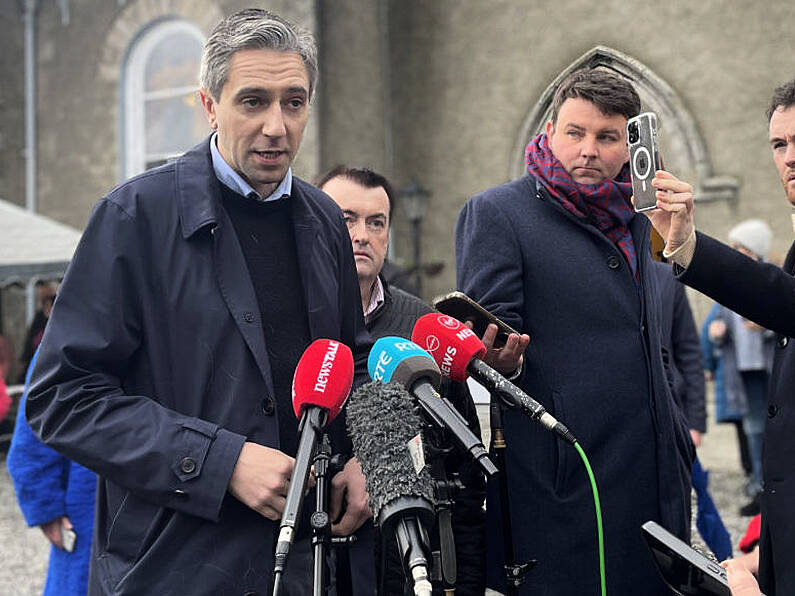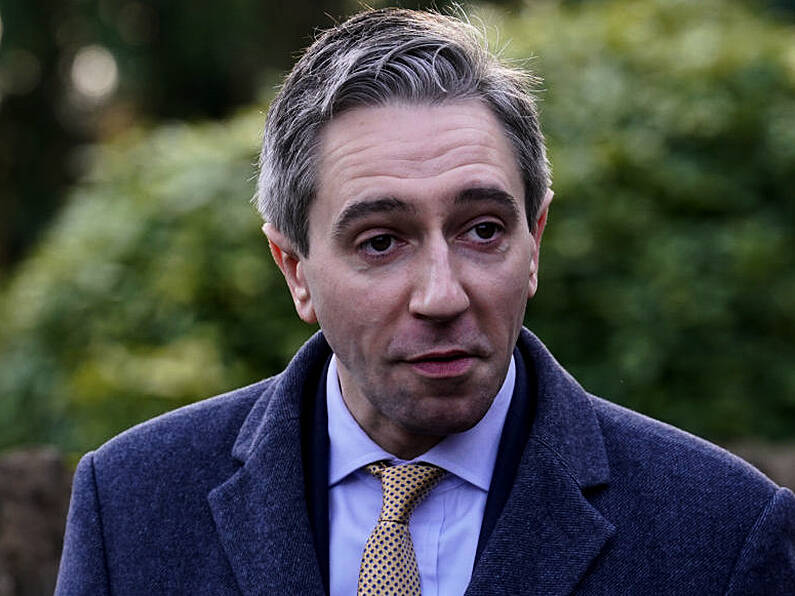Waterford economist Jim Power says only people who remember the oil price shocks of 1973 and 1979 will know a similar crisis in terms of the rising cost of living.
Inflation is posing more and more of a problem for consumers, with people being hit in the pocket for fuel, groceries, rent and utility bills.
Year on year, diesel and petrol is up by almost 40%, home heating oil has increased by over 90%, and natural gas has risen by about 60%.
While people are noticing significant increases in the prices of every day items in shopping trollies.
"Crisis atop crisis" causing the price hikes
Speaking to Maria McCann on Déise Today, Waterford economist Jim Power said that the price rises seen in late 2021 / early 2022 were put down to a surge in demand for products as the world reopened after the Pandemic.
While it was hoped and presumed that production would return to post-Covid levels and prices would steady during 2022, the Russian invasion of Ukraine has caused further surges across myriad sectors:
It's hitting energy costs obviously, it's hitting food prices, and it's hitting building materials and so on. At the same time China has gone into a fresh lockdown because of the Omicron (variant) so it's just a crisis coming atop another crisis. As a net result, prices have taken off in a manner that, unless you were around in the '70s you wouldn't have seen before
Is there an end in sight?
With no sign of the war ending in Ukraine, and the EU expected to impose further restrictions on energy imports from Russia, Jim Power is not optimistic of prices coming down any time in the near future.
"It's a pretty disastrous situation, and unfortunately it's unlikely to get better any time soon, so it's just going to continue to drag money out of people's pockets" he told Maria.
The government has said that it will hold off until the next budget before taking decisive measures to tackle the crisis. When asked if he agrees with this approach, Jim Power had mixed feelings, saying there's a limit to how much government can do, because a reactive approach to every price hike would prove costly, and "we don't have a money tree out there."
However, Jim Power said it's important that households that are most adversely affected are targeted for financial assistance.
"The CSO has shown that lower income families were facing a significantly higher rate of inflation than higher income families, because of the nature of what they spend."
He praised the government's move to cut public transport costs to counterbalance the price of fuel, but he did acknowledge that this is of little benefit to those living outside urban areas.
"We aint seen nothing yet"
Sounding a sombre note, Jim Power told Maria that he believes there are significant rises yet to come, and that "we aint seen nothing yet," especially in terms of food.
"I look at the cost of fertiliser, I look at the use of fertiliser around the world in growing crops like wheat and rice.. I think you're likely to see food price inflation really taking off. I think this should really hammer home to us how important our agri-food sector is to the economy - we need to be as self-sufficient as possible. And secondly, we do need to reduce our dependency on imported fossil fuels," he added.
You can listen back on the full interview with Jim Power here.






